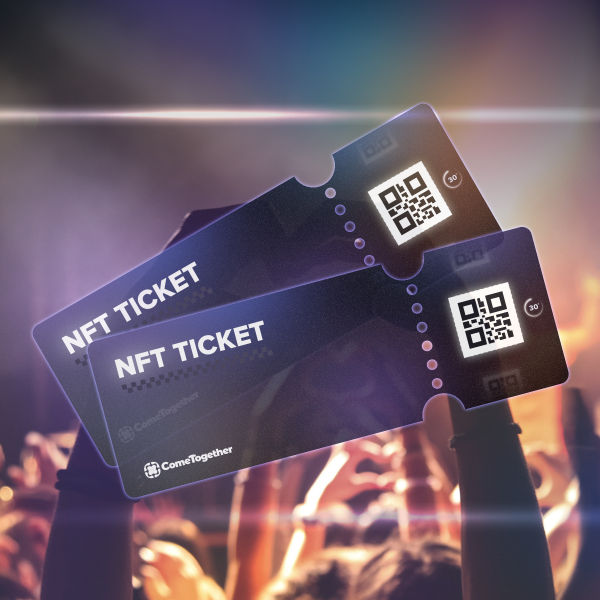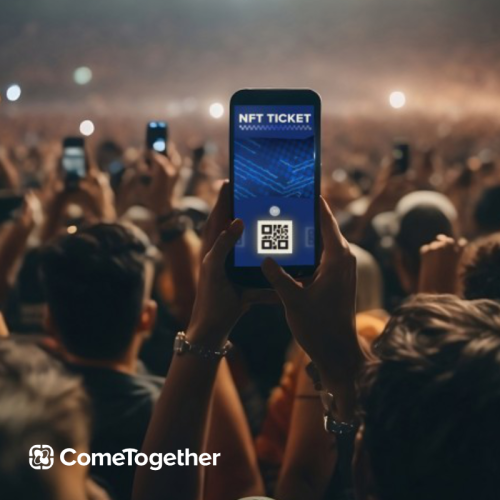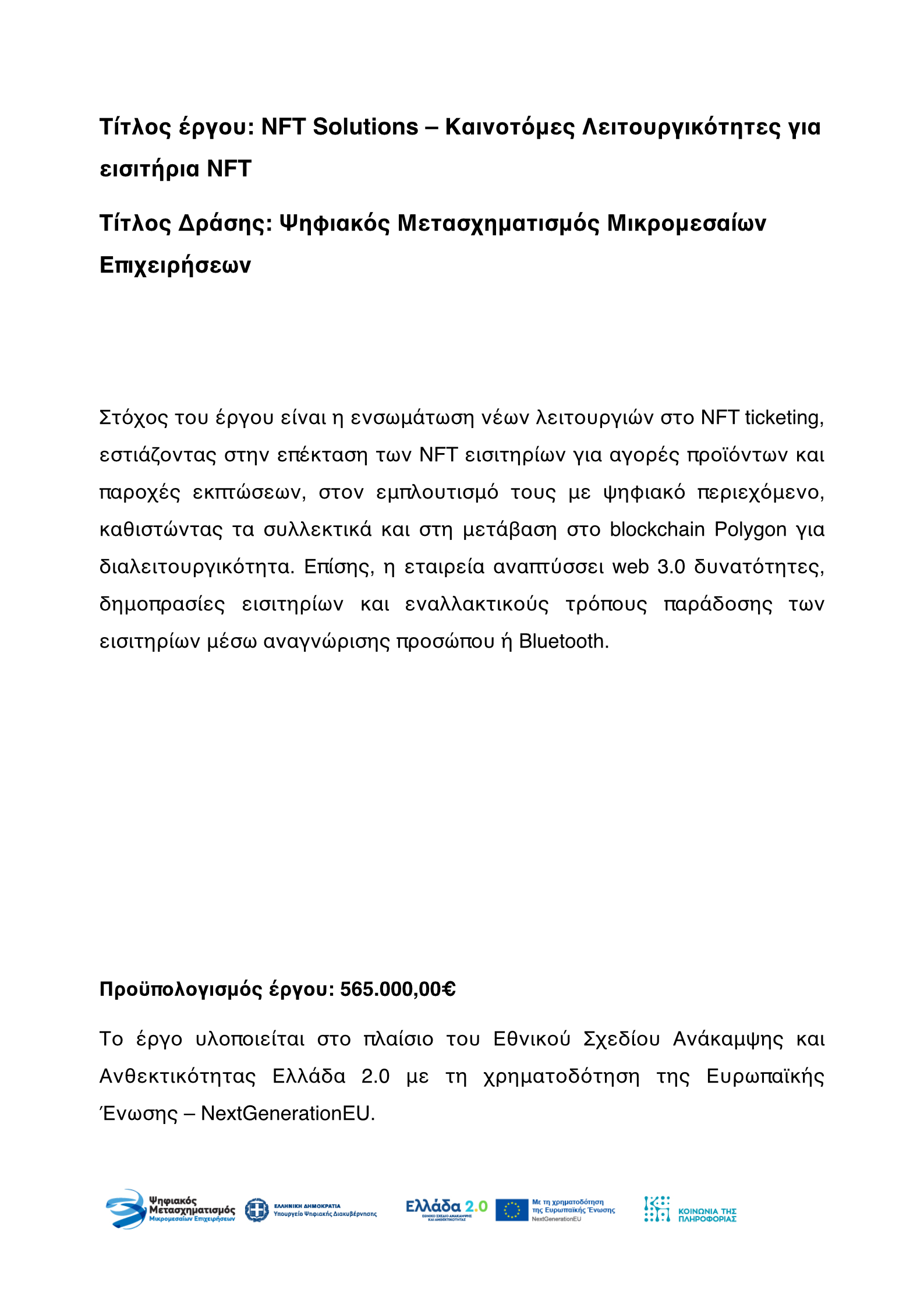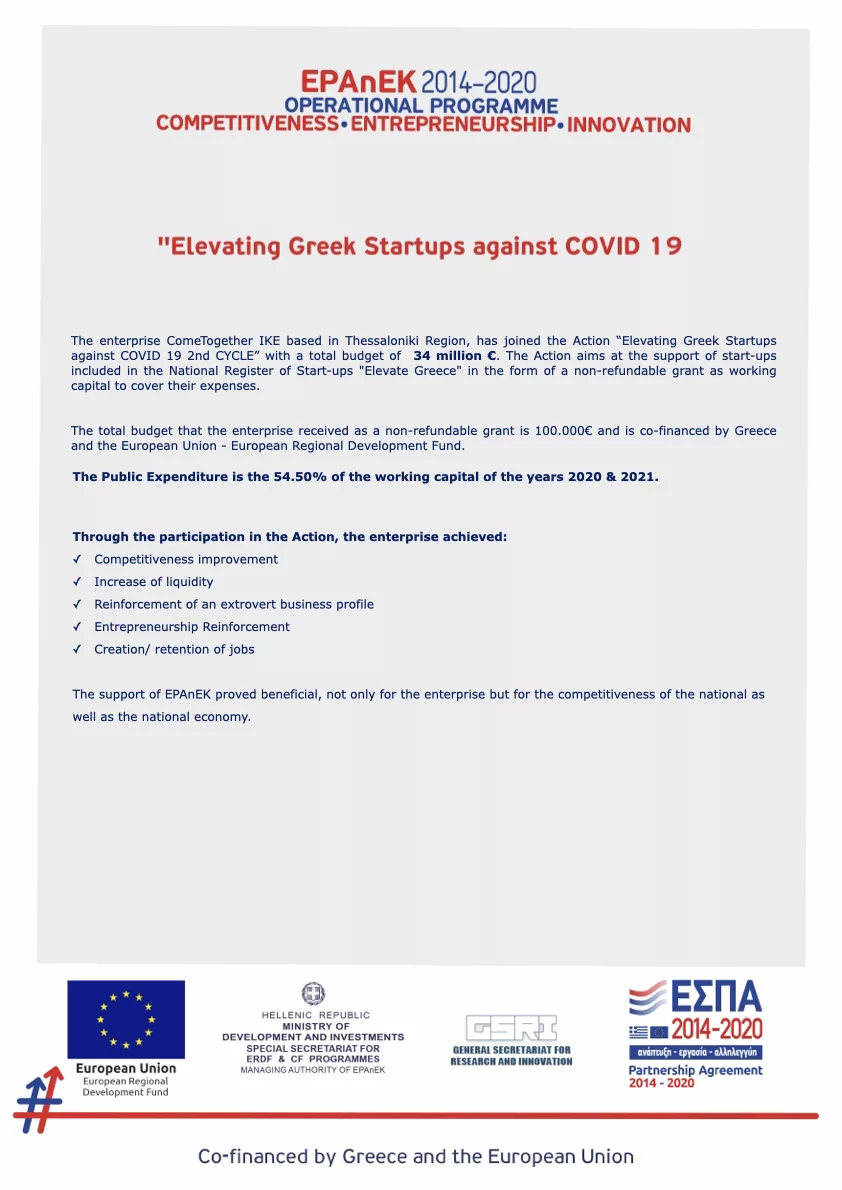The event industry has long grappled with challenges related to ticketing: fraud, high transaction fees, middlemen, and issues around resale. With the advent of blockchain technology, a new solution is emerging that promises to revolutionize how tickets are issued and managed—NFT ticketing. Non-Fungible Tokens (NFTs) provide a decentralized, secure, and transparent method for issuing event tickets, creating an innovative solution that could address many of the current system’s shortcomings.
NFT Ticketing: The Future of Scalable Event Ticketing

Table of Contents
– Overview of the challenges in traditional event ticketing
– Introduction to NFT ticketing
– Explanation of NFTs
– How NFTs apply to event ticketing
– Fraud Prevention
– Streamlining the Secondary Market
– Lower Fees
– Enhanced Engagement and Perks
– Barriers to adoption
– Environmental concerns
– The future of NFT ticketing in the event industry
What is NFT Ticketing?

NFTs are unique digital assets stored on a blockchain. Unlike cryptocurrencies like Bitcoin, which are interchangeable, each NFT has distinct characteristics that make it one-of-a-kind. When applied to event ticketing, NFTs allow event organizers to issue unique, tamper-proof digital tickets directly to attendees. This eliminates the need for intermediaries and reduces the risk of ticket duplication or fraud, as each NFT is verifiable through blockchain.
NFT tickets can be bought, sold, or traded just like traditional tickets, but their existence on the blockchain ensures complete transparency of transactions. The history of ownership is immutable, meaning the chain of custody for a ticket is clear from issuance to event entry. This creates a system where the authenticity of a ticket can be verified instantly, providing an additional layer of security for event organizers and attendees alike.
The Benefits of NFT Ticketing

Fraud Prevention
One of the most significant benefits of NFT ticketing is fraud reduction. Traditional ticketing systems are vulnerable to duplication, scalping, and counterfeiting. By tying each ticket to a unique NFT on the blockchain, event organizers can ensure that only one authentic version of a ticket exists, making it impossible to forge. This means attendees can feel confident that the ticket they purchase is legitimate.
Streamlining the Secondary Market
Ticket scalping and price gouging on secondary markets are persistent problems for event organizers and fans alike. NFT ticketing allows event organizers to maintain control over resale terms by embedding smart contracts within the ticket. These contracts can enforce rules like capping resale prices or ensuring a percentage of secondary sales revenue goes back to the original event organizer or artist. This not only protects fans from exorbitant prices but also provides a new revenue stream for creators and organizers.
Lower Fees
Traditional ticketing platforms often involve a chain of intermediaries, each adding fees and increasing costs for consumers. NFTs allow for direct-to-consumer transactions on decentralized platforms, reducing transaction fees and enabling a more streamlined and cost-effective ticketing process. This efficiency is beneficial both for event organizers and attendees, as it reduces the overall cost of ticket issuance and management.
Enhanced Engagement and Perks
NFT tickets open up opportunities for enhanced fan engagement. Tickets can become more than just a pass to an event; they can offer exclusive content, access to VIP experiences, or even act as collectibles. For instance, a concert-goer could receive an NFT ticket that not only grants them entry to the event but also includes access to digital merchandise, backstage content, or future event discounts. These additional perks can enhance the value of a ticket and create a stronger connection between fans and event organizers.
Challenges and Future Outlook
Despite its advantages, NFT ticketing still faces several hurdles. Blockchain technology, while growing, remains unfamiliar to the general public, and widespread adoption will require education and simplification of the user experience. Additionally, the energy consumption of certain blockchain networks has been a topic of concern. However, with the rise of more sustainable blockchain technologies, this issue may diminish over time.
As the NFT market matures and as more industries explore the potential of blockchain, NFT ticketing is poised to become a central component of the event industry. Its ability to eliminate fraud, streamline the secondary market, and reduce fees makes it an attractive alternative to traditional ticketing systems. As a result, it is not far-fetched to predict that NFT ticketing may soon become the future of scalable, secure, and transparent event ticketing.
FAQs
What is NFT ticketing?
NFT ticketing refers to the use of Non-Fungible Tokens (NFTs) to issue and manage event tickets. NFTs are unique digital assets stored on a blockchain, and when used as tickets, they offer a secure, verifiable, and tamper-proof solution for ticket issuance. Each ticket is a one-of-a-kind digital asset that can be transferred or resold with full transparency.
How does NFT ticketing prevent fraud?
Since NFTs are stored on a blockchain, each ticket has a unique identifier that cannot be duplicated, forged, or tampered with. The ownership of the ticket can be easily verified through the blockchain, ensuring that only one authentic version of the ticket exists. This eliminates the risk of counterfeit tickets, a common problem in traditional ticketing systems.
Can NFT tickets be resold?
Yes, NFT tickets can be bought, sold, or traded on the secondary market. However, smart contracts embedded in NFT tickets can enforce specific terms for resale, such as limiting resale prices or ensuring that a percentage of the resale value goes to the event organizer or artist. This offers greater control over ticket resale and reduces price gouging.
What are the benefits of NFT ticketing for event organizers?
Event organizers benefit from NFT ticketing in several ways:
- Fraud reduction: Blockchain ensures each ticket is unique and verifiable.
- Control over resale: Smart contracts allow organizers to set resale conditions.
- Lower fees: NFTs eliminate the need for intermediaries, reducing transaction fees.
- New revenue streams: Organizers can earn from secondary sales through smart contract rules.
- Enhanced fan engagement: NFT tickets can include additional perks like access to digital content, exclusive experiences, or future discounts.
How does NFT ticketing enhance fan engagement?
NFT tickets can be more than just a pass to an event. They can offer access to exclusive content, VIP experiences, or digital collectibles. For instance, a concert ticket NFT might come with digital merchandise, backstage footage, or even a discount on future events. This creates a deeper connection between fans and event organizers, adding value to the ticket beyond the event itself.
Is NFT ticketing cheaper than traditional ticketing?
Yes, NFT ticketing can be more cost-effective. Traditional ticketing platforms often involve several intermediaries, each adding fees. With NFTs, tickets are issued directly to consumers via decentralized platforms, which reduces transaction costs. Both event organizers and attendees benefit from the reduced fees.
What are the environmental concerns around NFT ticketing?
Certain blockchain networks, particularly those using proof-of-work mechanisms, have been criticized for their energy consumption. However, more sustainable blockchain technologies (such as proof-of-stake) are emerging, and many NFT platforms are shifting towards these greener solutions. Over time, the environmental impact of NFT ticketing is expected to decrease.
What challenges does NFT ticketing face?
Some of the challenges include:
- Public adoption: Blockchain technology is still unfamiliar to many people, and using NFTs requires some level of technical understanding.
- Energy consumption: While some blockchain networks are energy-intensive, the shift towards more sustainable technologies is helping address this concern.
- User experience: The process of buying and transferring NFT tickets may need to be simplified for mass adoption.
How will NFT ticketing shape the future of events?
As blockchain technology and NFT adoption grow, NFT ticketing is likely to become a standard in the event industry. It provides a scalable, secure, and transparent solution for ticketing that eliminates fraud, improves the secondary market, and reduces fees. This future-focused approach could reshape the way tickets are issued and managed across various industries.

















